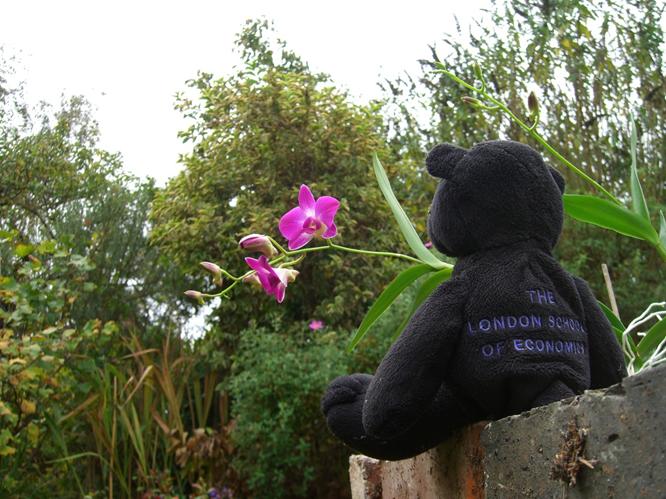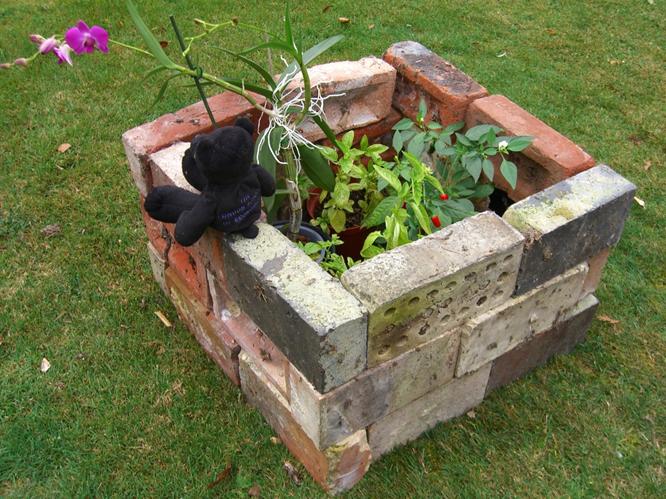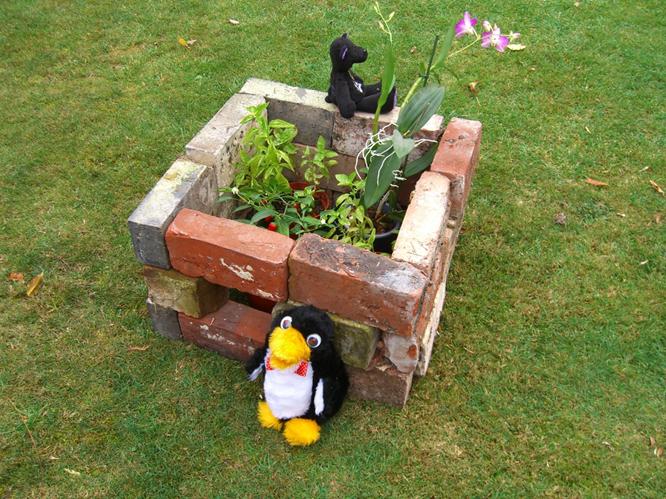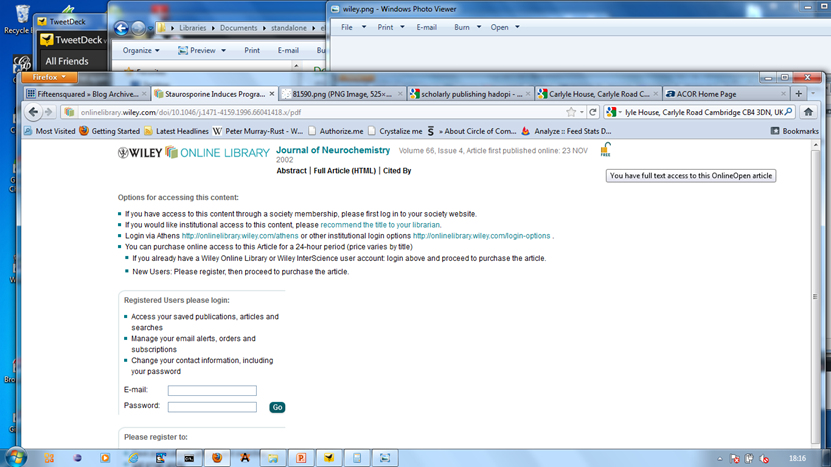This post is primarily for the publicity-seeking animals to get their Serpentine presentation another plug. They have demanded to come, so we have created a big box for them which also doubles as a walled garden – cf Midsummer Night’s Dream. Here’s Sleepless who gets locked out of the garden, Mr Flibble who takes the money, and Prof Felix Q who is the star academic (fresh from his blockbusting series on BBC2 – if only).
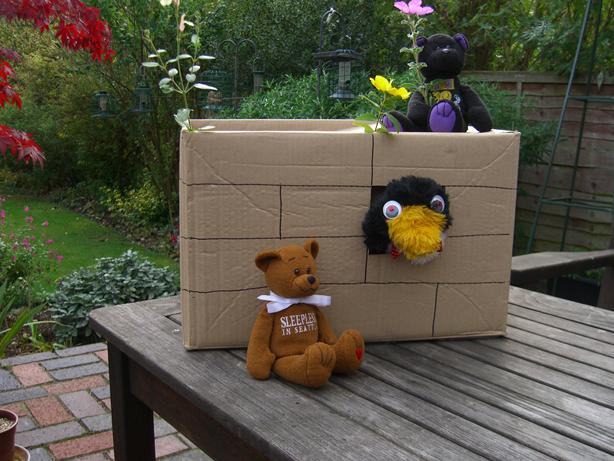
Now an amusement (or not)
You have 5 minutes to read today’s article in the Chronicle (of Higher Education – US) http://chronicle.com/blogs/wiredcampus/pearson-and-google-jump-into-learning-management-systems and subsequent comments
Pearson and Google Jump Into Learning Management With a New, Free System
Here’s an exam paper on the content from the module on “open” and “walled gardens”.
Question 1: Identify all occurrences of the following words (note capitallization)
- Free
- free
- Open (including compound words)
- open
In each case explain whether the word means:
- free-as-in-beer
- free-as-in-speech
- free-glorious
in the latter case suggest an alternative English word.
Question 2: Compare and contrast the highlighted phrases in:
a market that has been dominated by costly institution-anchored services like Blackboard, and open-source but labor-intensive systems like Moodle.
What do you understand by “institution-anchored”?
Question 3:
“Openness and social education is a very powerful idea.”
What new insight does this statement bring?
Question 4:
“the ease of use of OpenClass makes it simple for instructors and students to customize it. Plus, Pearson doing the hosting takes much of the headache away from me.”
Analyze whether this is an incipient walled garden. If so, what might be done to highlight the danger?
Question 5:
“OpenClass has a Facebook-like news stream that captures activity and comments for each class, and a page that highlights different people taking a course, along with the questions, troubles, and solutions that they post online. “So it’s easy for you to find someone like you and interact with them, kind of like sitting with your friends in class,” Mr. Kim says. “It provides a comfort zone.”
Differentiate between a walled garden (e.g. Facebook) and a comfort zone.
Question 6:
Commenter Jon K says
Neither of these are using my idea of what openness is, certainly not in the spirit of open source software. Can I install this at my institution? What guarantees of privacy are there when Google’s #1 money maker is that they profile consumers?
Show how Google or Pearson could challenge this statement while retaining the comfort zone.
Oh, and Felix Q attracted a BEE. Now he will definitely get some honey.


